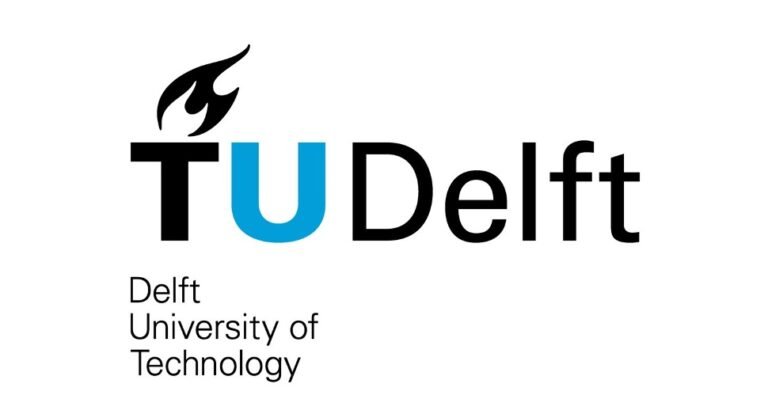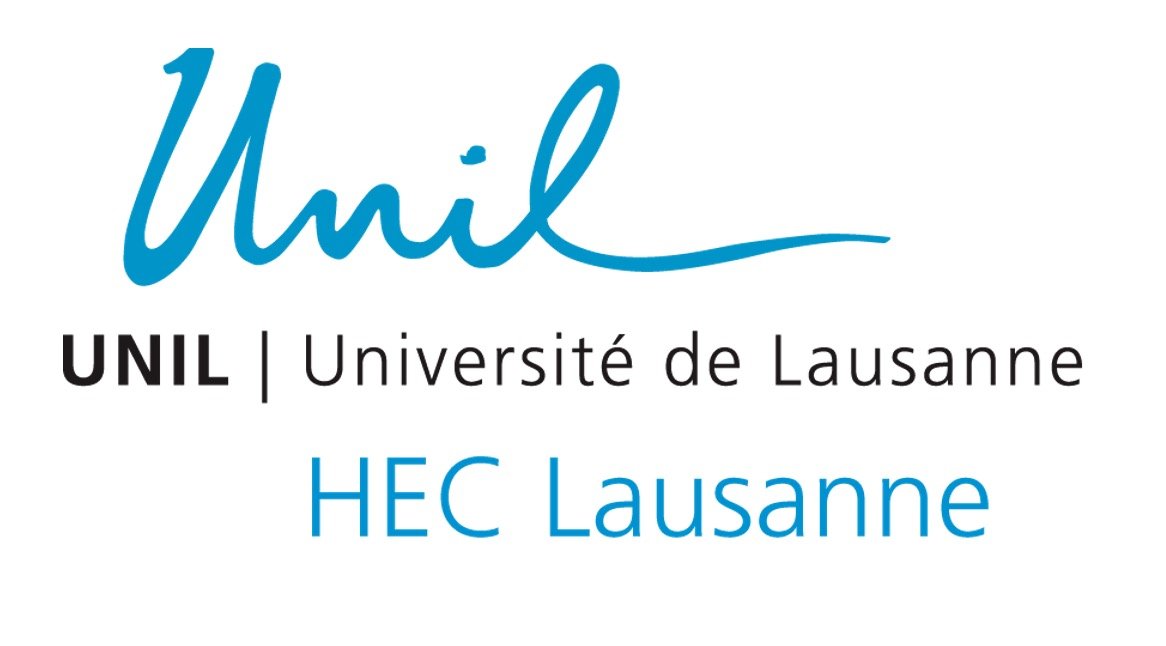Job description
Collaboration
This PhD project is part of a collaboration between Delft University of Technology (TU Delft) and University of Colorado Boulder (CU Boulder). The partnership includes three TU Delft research groups at the Department of Biotechnology (dr. Klijn, dr. Vieira-Lara, and dr. Jourdin) and one CU Boulder research group embedded in the Department of Mechnical Engineering (prof. Rieker). The overarching aim of this collaboration is to integrate and apply a novel analytical technique to perform real-time spectroscopic monitoring of the bioreactor off-gas for two different types of bioprocesses, namely microbial fermentation in suspension and biofilm-based microbial electrosynthesis. With this technology we set out to advance bioprocess understanding and accelerate bioprocess optimization, scale-up, and automated control.
Team
The content of the partnership leads to highly interdisciplinary and collaborative research. The complete team to be implemented at TU Delft will consist of 2 post-doc positions (1. quantitative monitoring of MES and 2. quantitative monitoring of microbial suspension cultures), 2 PhD candidates (1. volatile fingerprints of microbial suspension cultures and 2. data analytics/machine learning and control), and 2 technicians (1. support MES cultures and 2. support suspension cultures, both are involved with tech transfer and integration). In addition, there are three research positions part of prof. Rieker’s team at CUB with which we will closely collaborate throughout the project. We are looking for people who can showcase their ability to work well in a team, are effective in sharing theoretical knowledge and technical know-how, and excell as creative problem solvers.
PhD project
The PhD position in this vacancy will focus on the development, implementation, and validation of quantiative and fingerprint-based data-driven models using (near) real-time novel spectroscopic off-gas data. You will have the opportunity to work with a wide range of analytical data, including, but not limited to: liquid, off-gas, and mass spectral data, transcriptomics, and gas and liquid chromatography data. The data will be applied to perform comparability studies, build data-driven models, and mining for novel volatile biomarkers. Moreover, the data generated with the real-time data-driven monitoring models will be used as input for hardware-based feedback control of the bioprocess, which you will develop as well.
This project is computational, with a strong emphasis on statistics, data analytics, and machine learning, and requires close collaboration with the experimental projects in the team described above. Therefore, it is considered a plus if you have an solid understanding or experience with processes in biotechnology, as it will support communication with the other team members. Your experience with or motivation for the bioprocessing field needs to be clearly indidacted in the motivation letter.
The PhD position is embedded with the Data-Driven Bioprocess Development group led by dr. Marieke Klijn. In this group, we work on a wide variety of biotechnological processes (microbial, mammalian, ATMP) and the implementation of process analytical technology (such as FT-IR and Raman spectroscopy) for process development and process automated control purposes. The research group currently hosts 6 PhD project and is closely connected to other research groups within the Bioprocess Engineering section (~25 PhDs/postdocs) at the Department of Biotechnology. This organizational structure provides ample opportunities for research cross-polination and a social framework.
Job requirements
We are looking for an outstanding and creative researcher with a strong affinity to work at the boundary of multiple disciplines, namely bioprocessing, data analytics, and hardware control. This includes the internal motivation to expand your horizon, ablilty to learn quickly, and strong communication skills to easily connect with all team members.
Required educational backgroud
- A MSc degree in biotechnology, bioprocess or chemical engineering, bioinformations, bioengineering, systems biology, or a closely related discipline
Recent experience or clearly supported motivation
- MSc thesis or MSc internship using data analytics, mechanistic modelling, data-driven modelling, and/or hybrid modelling in the field of biotechnology/bioinformations/bioprocess engineering/chemical engineering
Required technical skills
- Programming (Matlab/Python/R)
- Statistical or machine learning methods
- Ability to process and analyse multiplexed and large data sets
Skills that are considered a plus
- Practical experience with bioreactors (microbial/mammalian)
- Understanding of bioprocesses (design, transport phenomena)
Sought-after transferable skills
- Pro-active and problem solving mindset
- Excellent written and spoken English skills
- Ability to break-down and communicate complex research data
- Thrives in a fast-paced, multidisciplinary, and highly collaborative environment
TU Delft (Delft University of Technology)
Delft University of Technology is built on strong foundations. As creators of the world-famous Dutch waterworks and pioneers in biotech, TU Delft is a top international university combining science, engineering and design. It delivers world class results in education, research and innovation to address challenges in the areas of energy, climate, mobility, health and digital society. For generations, our engineers have proven to be entrepreneurial problem-solvers, both in business and in a social context.
At TU Delft we embrace diversity as one of our core values and we actively engage to be a university where you feel at home and can flourish. We value different perspectives and qualities. We believe this makes our work more innovative, the TU Delft community more vibrant and the world more just. Together, we imagine, invent and create solutions using technology to have a positive impact on a global scale. That is why we invite you to apply. Your application will receive fair consideration.
Challenge. Change. Impact!
Faculty Applied Sciences
With more than 1,100 employees, including 150 pioneering principal investigators, as well as a population of about 3,600 passionate students, the Faculty of Applied Sciences is an inspiring scientific ecosystem. Focusing on key enabling technologies, such as quantum- and nanotechnology, photonics, biotechnology, synthetic biology and materials for energy storage and conversion, our faculty aims to provide solutions to important problems of the 21st century. To that end, we educate innovative students in broad Bachelor’s and specialist Master’s programmes with a strong research component. Our scientists conduct ground-breaking fundamental and applied research in the fields of Life and Health Science & Technology, Nanoscience, Chemical Engineering, Radiation Science & Technology, and Engineering Physics. We are also training the next generation of high school teachers.
Click here to go to the website of the Faculty of Applied Sciences.
Conditions of employment
Doctoral candidates will be offered a 4-year period of employment in principle, but in the form of 2 employment contracts. An initial 1,5 year contract with an official go/no go progress assessment within 15 months. Followed by an additional contract for the remaining 2,5 years assuming everything goes well and performance requirements are met.
Salary and benefits are in accordance with the Collective Labour Agreement for Dutch Universities, increasing from € 2872 per month in the first year to € 3670 in the fourth year. As a PhD candidate you will be enrolled in the TU Delft Graduate School. The TU Delft Graduate School provides an inspiring research environment with an excellent team of supervisors, academic staff and a mentor. The Doctoral Education Programme is aimed at developing your transferable, discipline-related and research skills.
The TU Delft offers a customisable compensation package, discounts on health insurance, and a monthly work costs contribution. Flexible work schedules can be arranged.
For international applicants, TU Delft has the Coming to Delft Service. This service provides information for new international employees to help you prepare the relocation and to settle in the Netherlands. The Coming to Delft Service offers a Dual Career Programme for partners and they organise events to expand your (social) network.
Additional information
If you would like more information about this vacancy or the selection procedure, please contact dr.ir. Marieke Klijn (assistant professor), via M.E.Klijn@tudelft.nl.
Click here for more about Marieke Klijn’s group.
Application procedure
Are you interested in this vacancy? Please apply no later than 3 February 2025 via the application button and upload the following documents:
- 2-page CV, including contact details of 2 to 3 references
- 1-page motivation letter
You can address your application to dr.ir. Marieke Klijn (assistant professor). If your application package does not include these items, we cannot take your application under consideration.
The application procedure may include an informal video call to talk about the motivation to apply for this position, before the formal interview with a larger committee. The formal inteview dates/times are fixed and will be performed on (1) 19th of February at 15.00-17.00, (2) 24th of February at 14.30-16.30, and (3) 27th of February at 09.00-11.00. Please keep these dates and times available. The envisioned starting date is May/June. For more information about the application procedure, please contact our management assistant, Kawieta Ramautar, per email: K.G.Ramautar@tudelft.nl
Doing a PhD at TU Delft requires English proficiency at a certain level to ensure that the candidate is able to communicate and interact well, participate in English-taught Doctoral Education courses, and write scientific articles and a final thesis. For more details please check the Graduate Schools Admission Requirements.
Please note:
- You can apply online. We will not process applications sent by email and/or post.
- A pre-employment screening can be part of the selection procedure.
- For the final candidates, a knowledge security check will be part of the application procedure. For more information on this check, please consult Chapter 8 of the National Knowledge Security Guidelines. We carry out this check on the basis of legitimate interest.
- Please do not contact us for unsolicited services.




